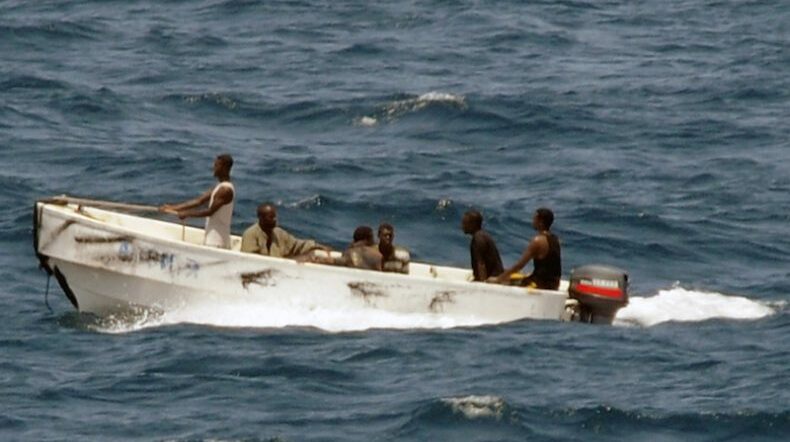EU naval force warns paying ransoms could lead to more Somali hijackings

The EU Atalanta naval force which handles piracy operations in the Indian Ocean has warned that the decision last week by a Bangladeshi company to pay ransom to free its ship and crew could lead to further attacks on merchant shipping.
Ships sailing off the Somalian coasts were urged yesterday to maintain a heightened state of vigilance in light of the recent escalation in piracy threats with the European naval force adding that the conclusion of the monsoon period could further facilitate piracy activities in the region.
Splash reported yesterday that Somali pirates had released a hijacked Bangladeshi ship, Abdullah, and its crew of 23 early on Sunday after a $5m ransom was paid. The ship had been taken on March 12.
The naval team said yesterday that the payment of ransom could create a new wave of dhow hijackings leading to future skiff attacks on merchant vessels.
Naval forces have freed fishing boats seized by gunmen and thwarted other attempted attacks. Last month, Indian commandos boarded and recaptured a vessel seized in December, the Maltese-flagged Ruen. All 17 hostages were rescued and 35 alleged pirates were brought to Mumbai to face prosecution.
Up to 18 dhows have been hijacked, according to the Atalanta taskforce which has identified several possible pirate camps on the Somali coasts situated between Xaafuun and the village of Garacad, with a hot spot north of Eyl, where the Ruen and the Abdullah had been at anchorage for several weeks.
The typical pirate strategy, the Taskforce explained in an update, involves the seizure and hijacking of a dhow, which is subsequently utilised as their mother ship. They then blend in with usual traffic and deploy skiffs from the mother ship to attack vessels navigating as far as 600 nautical miles or more, off the East Somali coast.
The return of Somali pirates comes at a time where the Houthis from Yemen are also firing on merchant ships passing by their shores, with around 80 vessels targeted over the past six months.
As a result of the heightened security concerns for merchant shipping, prices for private maritime security guards onboard have shot up this year, according to recent analysis from sister title Splash Extra with many ex-soldiers looking to get in on the action.





